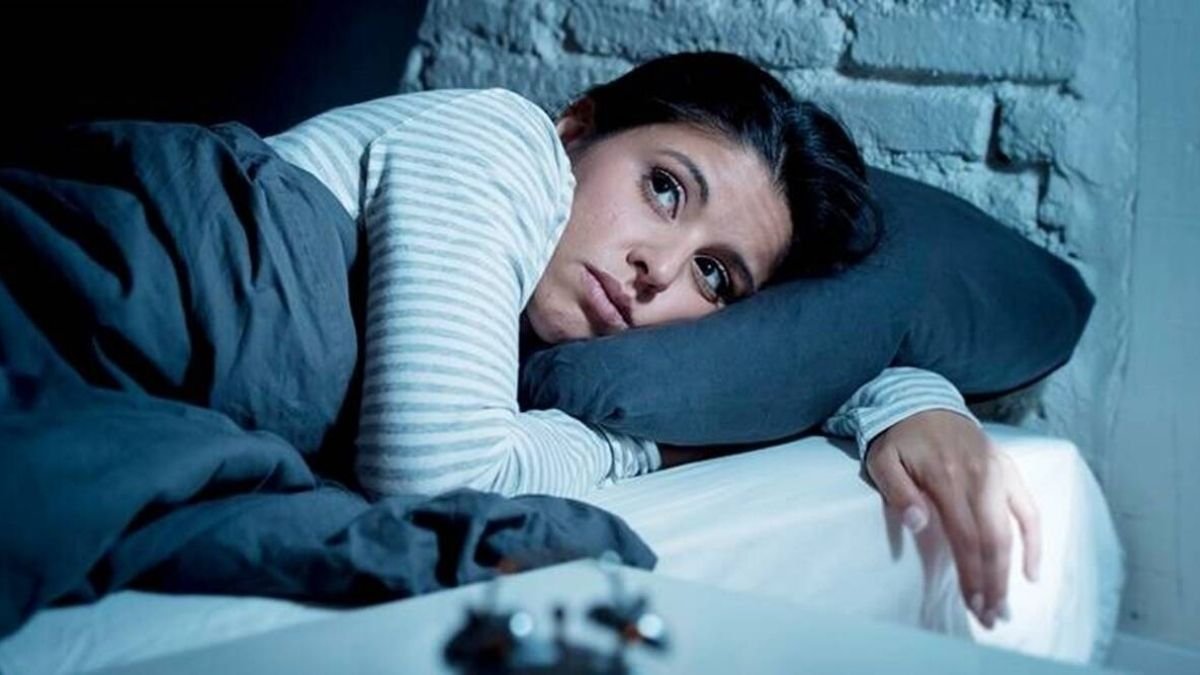China.org.cn’s news report on China’s solution to sleep disorders: Sleeping has become a trending topic on Chinese social media as World Sleeping Day approaches. Many young people are complaining about their sleeping disorders, despite the fact that they are still young. Some people recommended blindfolds, earplugs, aromatherapy, music, traditional Chinese medicine (TCM) foot spas, or even Taichi to help them sleep better.
According to statistics, more than 60% of adults have difficulty sleeping, with a quarter suffering from insomnia. Sleep health is becoming an increasingly important issue. China has been looking for effective solutions to sleep disorders for more than a decade. Scientific publications on sleep health are constantly being produced, with the number of publications increasing by the dozens year after year. Yu Mengsun, an academician at the China Academy of Engineering, has used the results of his research to assist professionals in aerospace, sports, and other fields.
/107070067_HighRes-569feda63df78cafda9f1d51.jpg)
Furthermore, his “Relationship between Intense Sports and Sleep” has contributed innovative methods to Team China’s preparations for the 2022 Olympic Winter Games.
Professor Huang Zhili has dedicated his life to the development of sleep health products, research, and education.”Every year on World Sleep Day, the Chinese Sleep Research Society publishes a whitepaper on sleep health. On that day, members of the organization would set up free clinics on the streets in an effort to get more people to appreciate the new ideas and methods for getting a good night’s sleep.
We’ve also been working on establishing sleep centers so that they can be standardized across hospitals where they’re built “Huang stated. China issued the Healthy China Action Plan (2019-2030), which recommends that from 2022 to 2030, the average sleep time for adults should reach 7 to 8 hours per day. China is also mobilizing global resources powered by the industry chain of “intelligent manufacturing in China”, so as to step up solutions to sleeping problems.
With the development of “Internet+” and AI technology, sleeping products and services that feature state-of-the-art high-tech solutions are surging. In China’s online stores, smart sleeping items such as music pillows, wake-up lights, snore-prevention pillows, and sleep wrist bands are quite commonplace. Even mattresses have become more digitized and sensitive to human engineering.
Mattresses that can adjust to body conditions are among the most basic settings. Yao Jiqing, vice director of the Sleep Industry and Industrial Transformation Committee, Chinese Sleep Research Society, vice president and CEO of DeRucci Group said, “To solve sleep disorders, we need a ‘soft + hard’ approach.
For the ‘soft’ part, the focus is on the rationale behind sleep health: Taking the surroundings, physical and psychological factors into consideration, and using that systematic framework to solve problems. Based on China’s traditional idea of resting, nurturing, and recovering, we try to build a restorative system for healthy sleep, so that more people could get to know healthy sleep not only as a lifestyle but also as a culture.”









































